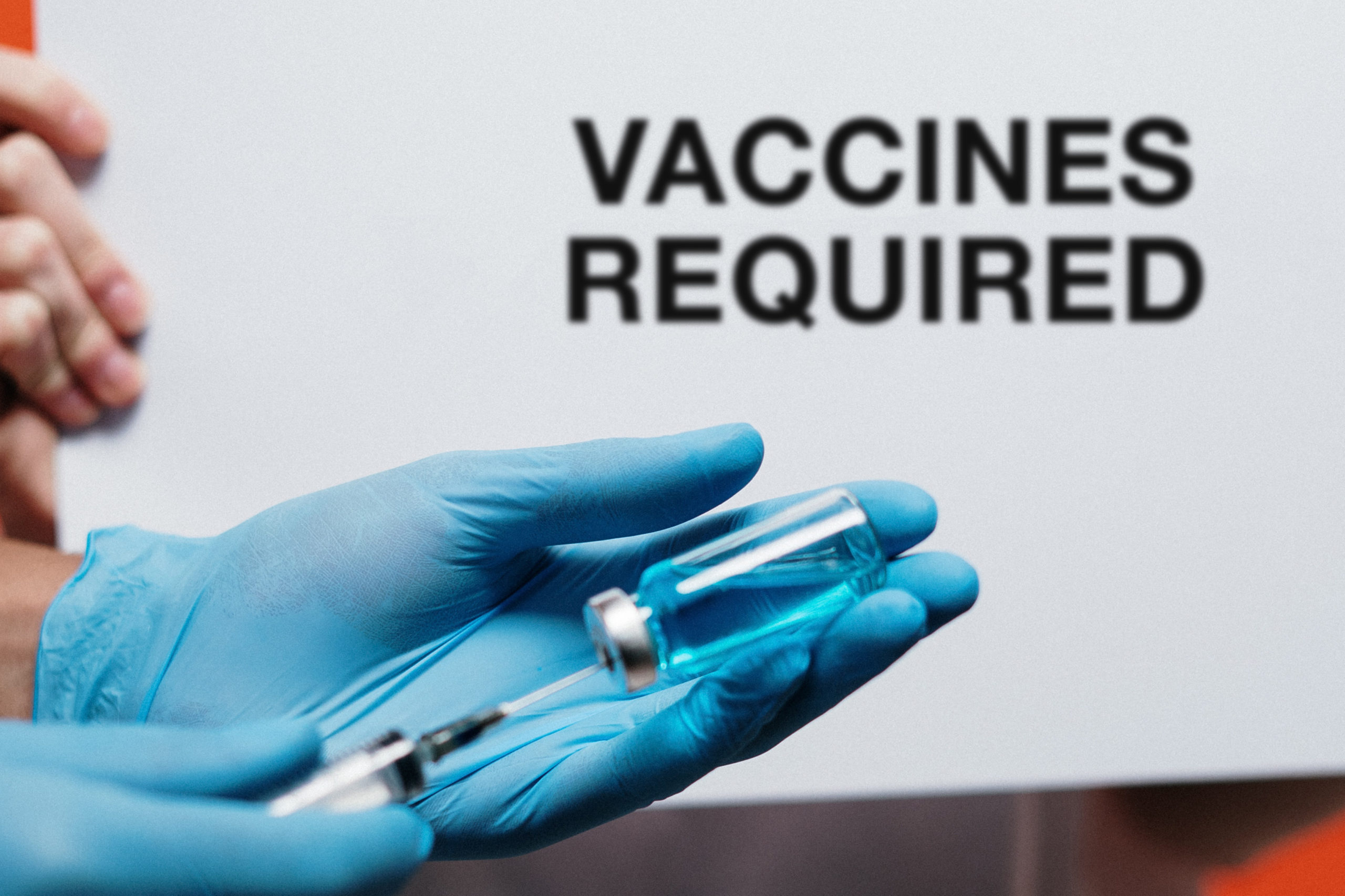In our September 15 “Wednesday Wake Up with Jen” webinar, a participant asked: “Jen, can we say in our job postings that we require our employees to be vaccinated?” What a great question!
The short answer is “yes.” You can, and should, make clear in your job postings any requirements of the position. If your organization requires employees to be vaccinated against COVID-19, either because you are required by law or because you have done so voluntarily, it is important to let applicants know that is your expectation. Keep in mind, however, that applicants and employees are entitled to a reasonable accommodation if they cannot be vaccinated due to a disability or medical condition. For that reason, it is important to add a qualifier to the vaccination requirement, such as: “We require all employees to be vaccinated against COVID-19, unless they are entitled to a reasonable accommodation under applicable law.”
To complicate things a bit, if your organization is a “health care facility” covered by the California Department of Public Health’s August 5, 2021, order regarding mandatory COVID-19 vaccinations, then you will not follow your standard reasonable accommodation process. Rather, those orders provide for “exemptions” based on “Religious Beliefs” or “Qualifying Medical Reasons.”
The August 5, 2021, Order states: “To be eligible for a Qualified Medical Reasons exemption, the worker must also provide to their employer a written statement signed by a physician, nurse practitioner, or other licensed medical professional practicing under the license of a physician stating that the individual qualifies for the exemption (but the statement should not describe the underlying medical condition or disability) and indicating the probable duration of the worker’s inability to receive the vaccine (or if the duration is unknown or permanent, so indicate).” According to the “Q and A” document related to the Order:
What are Qualifying Medical Reasons?
To determine qualifying medical reasons, the physician, nurse practitioner, or other licensed medical professional practicing under the license of a physician should refer to Interim Clinical Considerations for Use of COVID-19 Vaccines from the CDC, specifically, clinical considerations, as well as contraindications and precautions. The identified contraindications include:
- Documented history of severe allergic reaction to one or more components of all the COVID-19 vaccines available in the U.S.
- Documented history of severe or immediate-type hypersensitivity allergic reaction to a COVID-19 vaccine, along with a reason why you cannot be vaccinated with one of the other available formulations.
Additionally, the Interim Clinical Considerations for Use of COVID-19 Vaccines provides information on what are neither contraindications nor precautions to COVID-19 vaccination, which includes:
- Allergic reactions (including severe allergic reactions) not related to vaccines (COVID-19 or other vaccines) or injectable therapies, such as allergic reactions related to food, pet, venom, or environmental allergies, or allergies to oral medications.
So, the “Qualifying Medical Reasons” exemption is very narrow.
On the other hand, with respect to “Religious Beliefs,” the Q and A’s state:
Does a worker have to provide proof for a religious exemption?
The Public Health Order requires only that workers provide the operator of the facility a declination form, signed by the worker, stating that the worker is declining vaccination based on Religious Beliefs.
So, employers covered by the Order should not ask for any documentation related to an employee’s declination form based on “Religious Beliefs.” Not surprisingly, this requirement has resulted in our health care clients receiving a substantial number of religious exemptions from the Order.
Lots to ponder…




 Trending
Trending